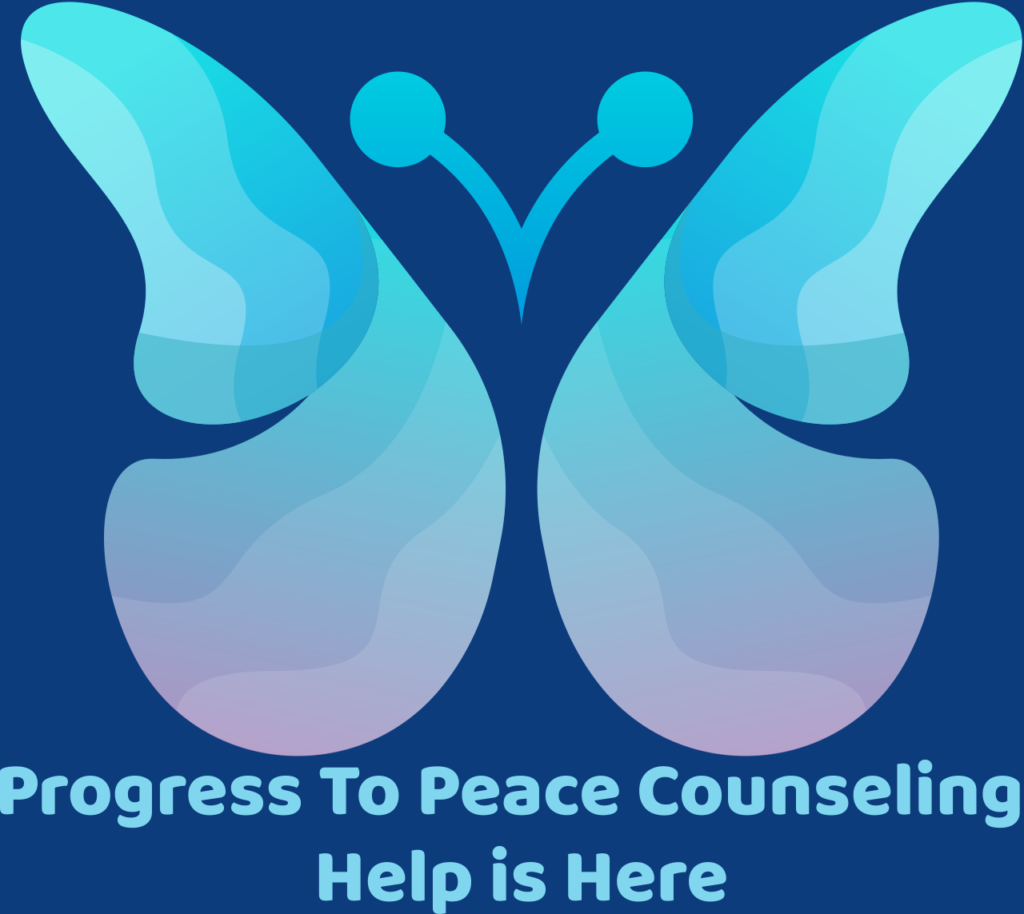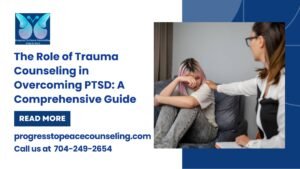Depression is a prevalent mental health problem that affects millions of individuals worldwide. While everyone feels periodic melancholy or low emotions, clinical depression is a more chronic and severe disorder that may have a substantial effect on everyday living. Recognizing when it’s time to seek professional depression counseling in Charlotte NC is critical for successful depression management. This post will look at the indicators that suggest you could benefit from depression therapy.
Understanding Depression
Before getting into the symptoms, it’s important to grasp what depression is. Depression is more than merely being sad or going through a difficult period. It is a complicated mental health illness marked by persistent emotions of despair, hopelessness, and a lack of interest in formerly enjoyable activities. Depression may have an impact on how you think, feel, and cope with everyday tasks like sleeping, eating, and working.
Signs That You Might Need Depression Counseling
Persistent sadness or empty feelings
If you’ve had a continuously poor mood for two weeks or more, it might be an indication of depression. This chronic melancholy is typically distinct from usual sadness and might be accompanied by feelings of emptiness or numbness.
Loss of Interest in Activities
Depression often results in a lack of interest or pleasure in activities that you once loved. If you find yourself retreating from hobbies, social connections, or other formerly pleasant pursuits, it may be an indication that you want professional assistance.
Sleep Patterns
Significant alterations in sleep patterns may be suggestive of depression. This may include insomnia (difficulty falling or staying asleep), oversleeping, or restless sleep. If these sleep disorders continue and interfere with your everyday functioning, you might consider seeking therapy.
Appetite and Weight Changes
Depression may cause substantial changes in appetite and weight. Some individuals may notice a reduction in appetite and unintentional weight loss, while others may overeat and gain weight. Any major and unexplained changes in eating habits or weight should be treated carefully.
Having difficulty concentrating
If you’re having difficulty focusing, making choices, or remembering things, depression might be the reason. These cognitive symptoms might influence your job performance, studies, and everyday activities.
Fatigue and Low Energy
Feeling chronically tired, even after appropriate sleep, is a typical sign of depression. Persistent weariness might make it difficult to complete everyday tasks and duties.
Feelings of worthlessness or guilt
Depression often results in acute emotions of worthlessness, excessive guilt, or self-blame. If you are continually criticizing yourself or feeling like a burden to others, it may be time to get assistance.
Irritation and Restlessness
Depression is often linked with melancholy, but it may also present as irritability, particularly in males and teens. Feeling easily agitated, restless, or on edge may be symptoms of underlying depression.
Physical Symptoms
Depression does not just influence your emotions; it may also create physical problems. These may include headaches, back pain, digestive problems, or other unexplained aches and pains that may not respond to standard therapies.
Suicidal ideation
One of the most significant symptoms of depression is recurring thoughts of death or suicide. If you are having these thoughts, you should seek urgent treatment from a mental health professional or a crisis hotline.
Difficulties in relationships
Depression may damage both personal and professional relationships. Counseling may assist in addressing difficulties such as retreating from loved ones, increasing disagreements, or difficulty maintaining relationships.
Substance Abuse
Some persons with depression may use alcohol or drugs to deal with their emotions. If you observe an increase in your drug usage, you should seek treatment for both depression and probable substance misuse.

Neglecting self-care
A notable reduction in personal hygiene or self-care activities may indicate sadness. This might involve missing showers, not changing clothing on a regular basis, or failing to follow basic grooming standards.
Decreased Productivity
If you’re having difficulty keeping up with your job, school, or domestic chores due to a lack of desire or energy, sadness might be the root problem.
Seasonal Pattern
Seasonal Affective Disorder (SAD) is a kind of depression that occurs throughout a certain season. If you observe that your mood and energy levels are regularly low at specific seasons of the year, notably during the winter, you should see a specialist.
Why Seek Professional Help?
While some of these symptoms are typical to have on occasion, if you have many of them for two weeks or longer, you should seek depression counseling. Depression therapy may have several benefits:
- Expert Assessment: A mental health expert can provide an accurate diagnosis and rule out other possible reasons for your symptoms.
- Customized Treatment Plan: Counselors may create a treatment plan based on your individual needs and circumstances.
- Coping Strategies: You will learn how to manage your symptoms and enhance your general well-being effectively.
- Medication Management: If required, a psychiatrist may prescribe and manage antidepressants as part of your treatment plan.
- Prevention of Worsening Symptoms: Early intervention helps prevent depression from worsening and may result in a speedier recovery.
- Improved Quality of Life: Effective therapy may help you regain your capacity to enjoy life and perform better in everyday activities.
Bottom Line
Remember that getting assistance for depression is not a sign of weakness; it is a brave step toward regaining control of your mental health and enhancing your quality of life. Depression is a curable disorder, and with the correct help and therapy, recovery is achievable.
Finally, if you are suffering chronic symptoms that are interfering with your everyday life, do not hesitate to seek expert care. Depression therapy, from Progress to Peace Counseling, may give you the necessary support, resources, and methods to overcome depression and reclaim a feeling of well-being and purpose in your life.














